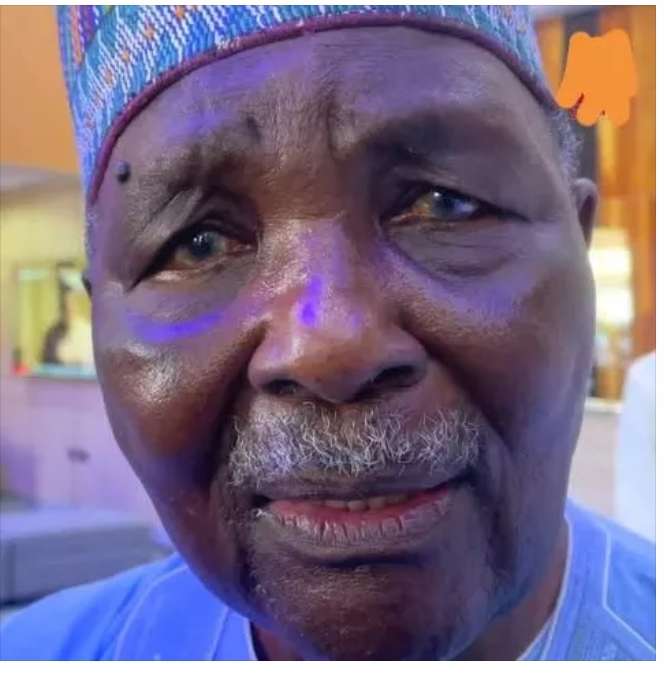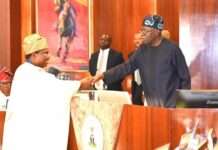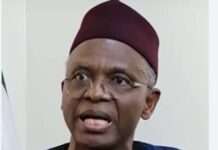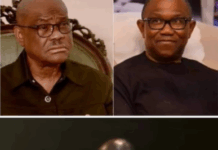Gowon Expresses Regret Over Biafran War Killings: Why This Matters Now
Speaking at the Annual Conference of the Anglican Men’s Christian Fellowship at St. Matthew’s Anglican Church, Maitama, former Head of State, General Yakubu Gowon (rtd), reflected on the Nigerian Civil War (1967–1970).
Read Also Igbos now understand the importance of alliance as South east groups drum support for Tinubu
Here’s an in-depth look at what he said:
- “The most difficult period of my life”
Gowon described the war years as “the most difficult period of my life,” emphasizing that while he led the nation through conflict, it was never his desire nor choice.
- Motivated by Unity, Not Hatred
He emphasized that his actions were driven by duty to preserve Nigeria’s unity, not hatred toward any group: “It was never a hatred against any people, I can assure you. It was not my choice, but I had to be there…in order to keep this country together.”
- Deep Regret & Acknowledgment of Harm
While not explicitly taking personal blame for all war outcomes, Gowon expressed a heartfelt regret for the loss of lives: “I always remember the Civil War. It was the most difficult period of my life.”
Multiple sources report he wishes the war and its tragedy had not occurred.
- A Leadership Guided by Prayer & Compassion
He credited prayer and moral duty in his wartime decisions: “Everything that I do…is through prayers…with love and respect for all the people.”
He emphasized national unity across religious and ethnic lines, referencing his historic “no victor, no vanquished” declaration.
- Call for Forgiveness & National Reconciliation
Gowon urged Nigerians to embrace truth, forgiveness, and unity, highlighting the need to move past wounds, heal collectively, and build societal cohesion.
- Context of the Remarks
These statements were made while accepting the Lifetime Integrity and Achievement Award during the Christian Men’s Fellowship Convention in Abuja – attended by prominent religious and political leaders like the Primate of the Church, Archbishop Henry Ndukuba.
Why This Matters Now
Historical Healing
At 90, Gowon’s reflections echo across generational divides, as Nigeria continues to reckon with Civil War legacies—especially in the Southeast.
Moral Reckoning
His expressions of regret acknowledge the human cost – millions of lives and widespread suffering, particularly among Biafrans.
Renewed Call for Unity
Gowon’s appeal is timely, urging Nigerians to rise above regional and religious divisions amid today’s political and social strife.
Read Also Igbos now understand the importance of alliance as South east groups drum support for Tinubu
Looking Ahead
This speech may catalyze national conversations on post-war reconciliation and reparations, potentially prompting policy steps or public apologies.
For Nigeria’s younger generation, it offers a moment to reflect and define the future direction of unity and national purpose.
General Gowon’s remarks — highlighting regret, reconciliation, and moral responsibility — mark a poignant reflection on a difficult past. His invitation to forgiveness and unity offers fresh hope for healing a nation still healing from its wounds.










